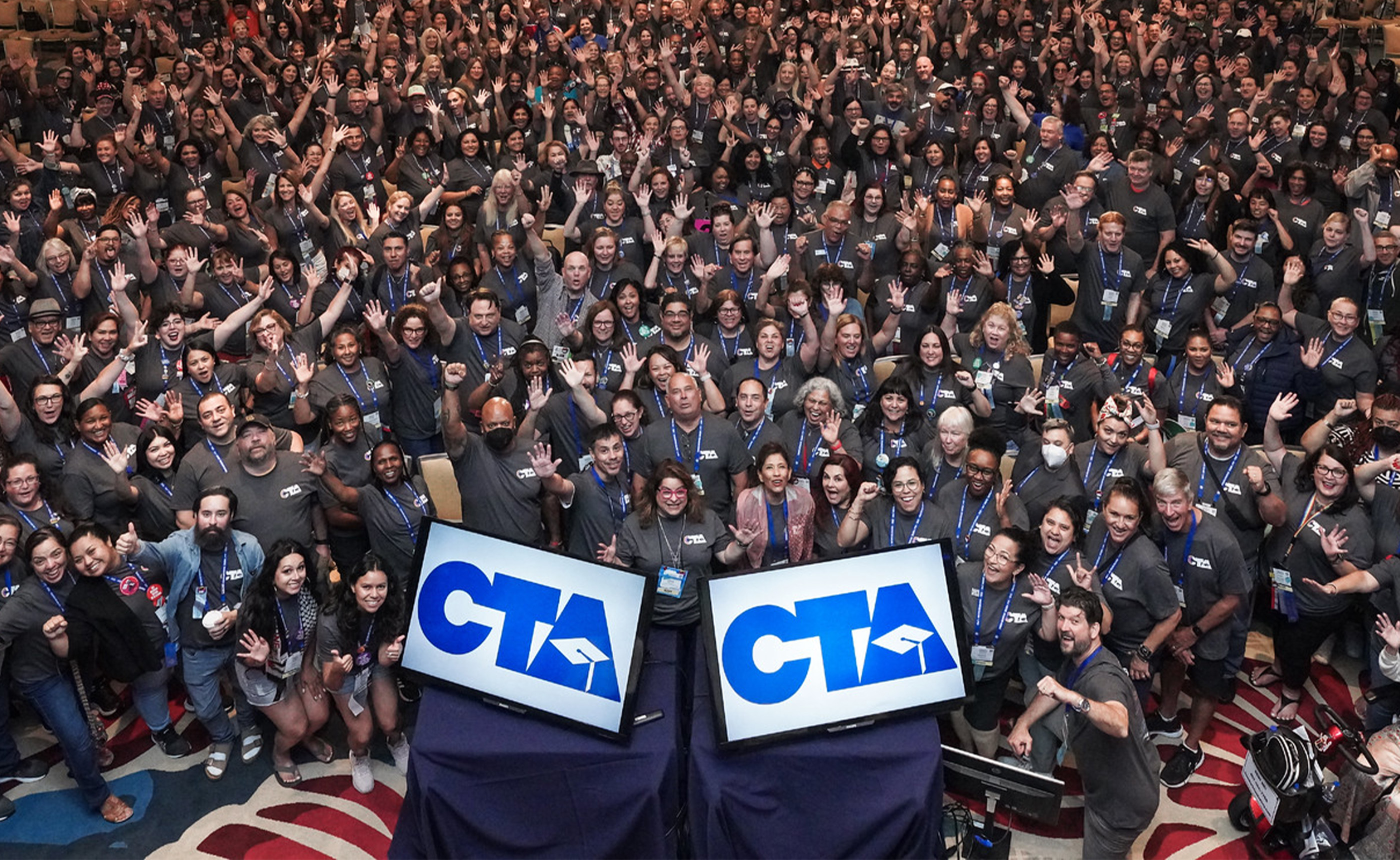Instruction must prepare students to enter the technical global economy as well as master academic skills. Workforce development should emphasize the creation of jobs in California that are safe and sustainable (including clean technologies and industries and a “green economy”), that protect and strengthen the rights of all employees to organize for the purposes of collective bargaining, and that maintain and improve real wages and benefits for California’s working families. This focus promotes the participation of education employees, labor and local community representatives in the creation and development of policies, programs, and activities aimed at developing the linkages between labor, education, and the economy. Students should have a myriad of opportunities to explore careers and prepare for them. A meaningful educational program must include both academic and vocational education programs that complement and strengthen each other. All students in the public-school system should have access to vocational education programs which include proper counseling and guidance services.
Workforce Preparation
Legislation and subsequent regulations must appropriately address both the career/technical and academic needs of our K-16 students. Students deserve and require workforce preparation to enter the technical global economy. Preparation should be initiated in the elementary grades by infusing career awareness across the curriculum. Career exploration and training opportunities must be offered and expanded as students move through middle and secondary grade levels. Career specialization education opportunities offered at postsecondary levels should lead students to advanced certification and appropriate degrees. Legislation and regulations must reflect the importance of integrating academics and career preparation to the extent possible.
Vocational Education
The scope of career and technical education programs must include a systematic sequence of learning experiences that provide individuals with the necessary skills, knowledge and attitudes to attain entry level employment, occupational advancement, upgrading or career change. This includes job preparation, job exploration, and the continuation of general educational growth. Career and technical education includes career exploration, job training, work experience, certificate programs, and all basic skill proficiencies related to employment and employable skills, attitudes, and values. Job training/employment training is a component of career and technical education. Job training/employment training involves learning experiences designed to impart skills, knowledge and attitudes to properly prepare individuals for immediate employment. The primary responsibility for career and technical education programs should reside within the identified public education community. All Regional Occupational Center/Program, adult school, and other career and technical education programs must be administered by appropriate pre-K-12 and community college districts. All instructors in vocational education, adult education and ROC/ROP programs must hold appropriate valid credentials.
Graduation Requirements
Students should receive high school diplomas only when they have met minimum competency standards. They must have multiple options to demonstrate competency. Mandated curriculum/graduation requirements must consider the diverse needs of learners; schools’/localities’ differing abilities and resources; the complex and ever-changing economy and society; and the difference between idealistic goals and practical realities. Graduation requirements must be well- balanced and broadly based, including provisions for both general education (i.e., the common learning or core curriculum required of all students) and specialized education (i.e., career and technical education and college preparatory education).

